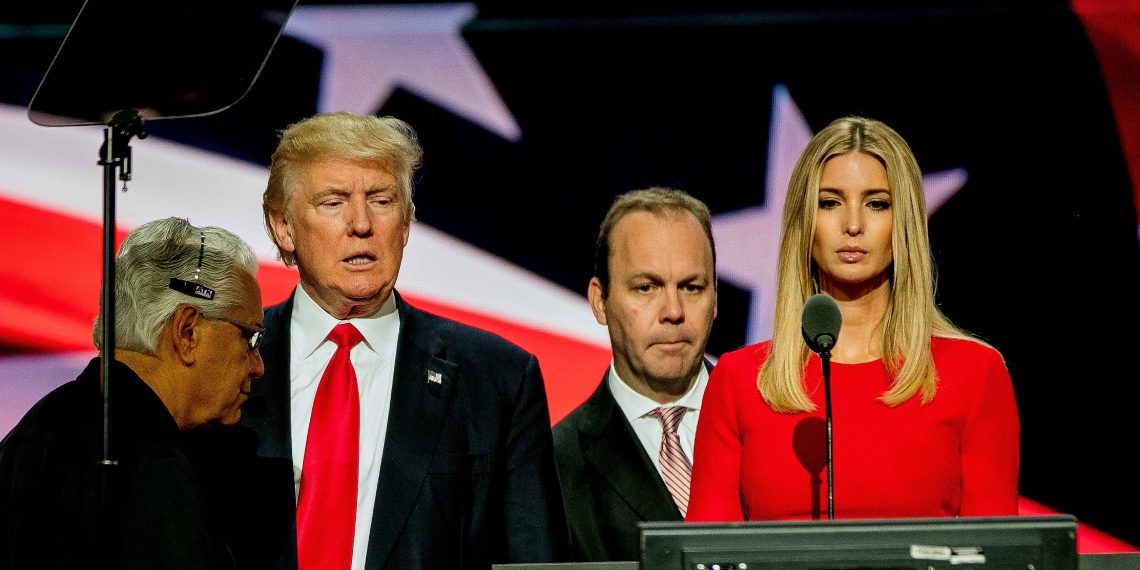Recent developments in the cryptocurrency world have sparked significant concern, especially as Donald Trump and his family make a high-profile entry into the market. On September 9, the Federal Bureau of Investigation (FBI) released its annual report on cryptocurrency fraud, revealing a staggering increase in financial losses. In 2023 alone, American investors lost $5.6 billion to crypto-related fraud, marking a 45% rise from the previous year.
According to the FBI, criminal activity in the crypto space is alarmingly pervasive. The agency’s Internet Crime Complaint Center highlighted that criminal actors exploit the decentralized nature of cryptocurrencies for theft, fraud, and money laundering. The FBI’s Assistant Director Michael D. Nordwall emphasized that investors are the most common victims, accounting for nearly 71% of these losses. Cryptocurrencies’ lack of intermediaries and the irreversible nature of transactions contribute to these challenges, making it difficult to recover stolen funds.
Amid these troubling statistics, Trump and his family have boldly entered the cryptocurrency arena. On September 15, Donald Trump, along with his sons Donald Jr., Eric, and Barron, publicly launched their new venture, World Liberty Financial. This company aims to introduce a stablecoin—cryptocurrency pegged to the U.S. dollar—to the market. While no direct evidence links the Trumps’ new venture to criminal activity, the timing of their entry into a field heavily scrutinized for fraud raises questions.
Trump’s enthusiasm for cryptocurrency contrasts sharply with his past criticism of the sector. Previously, he had dismissed cryptocurrencies as a “scam” and a “potential disaster.” However, in a recent statement, Trump declared, “We’re embracing the future with crypto and leaving the slow and outdated big banks behind.” This shift comes despite the substantial risks associated with crypto investments.
The FBI’s 2023 report outlines how the crypto market’s inherent features—such as decentralization, speed, and global transfer capabilities—make it an attractive target for criminal exploitation. These same features, often touted by crypto proponents, including Trump, are viewed as significant drawbacks when it comes to investor protection. The report revealed that the U.S. is the global leader in crypto fraud, with American losses vastly surpassing those of other countries.
In addition to the financial risks, Trump’s venture faces scrutiny due to its associations with controversial figures. Chase Herro, a reported advisor to World Liberty Financial, has previously been linked to dubious activities. Herro, who has made inflammatory statements about the crypto market, was part of a blockchain app that lost over $2 million to hackers. The involvement of such individuals in Trump’s new venture raises concerns about its legitimacy and potential conflicts of interest.
World Liberty Financial’s business model also includes a significant allocation of its crypto tokens to insiders, including Trump and his family. According to a white paper obtained by Coinbase, 70% of these tokens will be reserved for founders and early backers—a notably high percentage that suggests a self-serving aspect to the venture.
As Trump campaigns for a potential return to the presidency, his foray into cryptocurrency could pose serious conflicts of interest. The venture aligns with his previous criticisms of the financial system, now positioned as a champion of decentralized finance. Yet, the crypto industry’s notorious reputation for fraud and instability suggests that this new venture might not deviate from the pattern of Trump’s other high-risk business endeavors.
In conclusion, Trump’s move into the crypto market, amidst a backdrop of rising fraud and scrutiny, underscores a complex intersection of personal ambition and financial risk. As World Liberty Financial seeks to capitalize on the crypto boom, the implications for investors and the broader financial system remain to be seen.





















